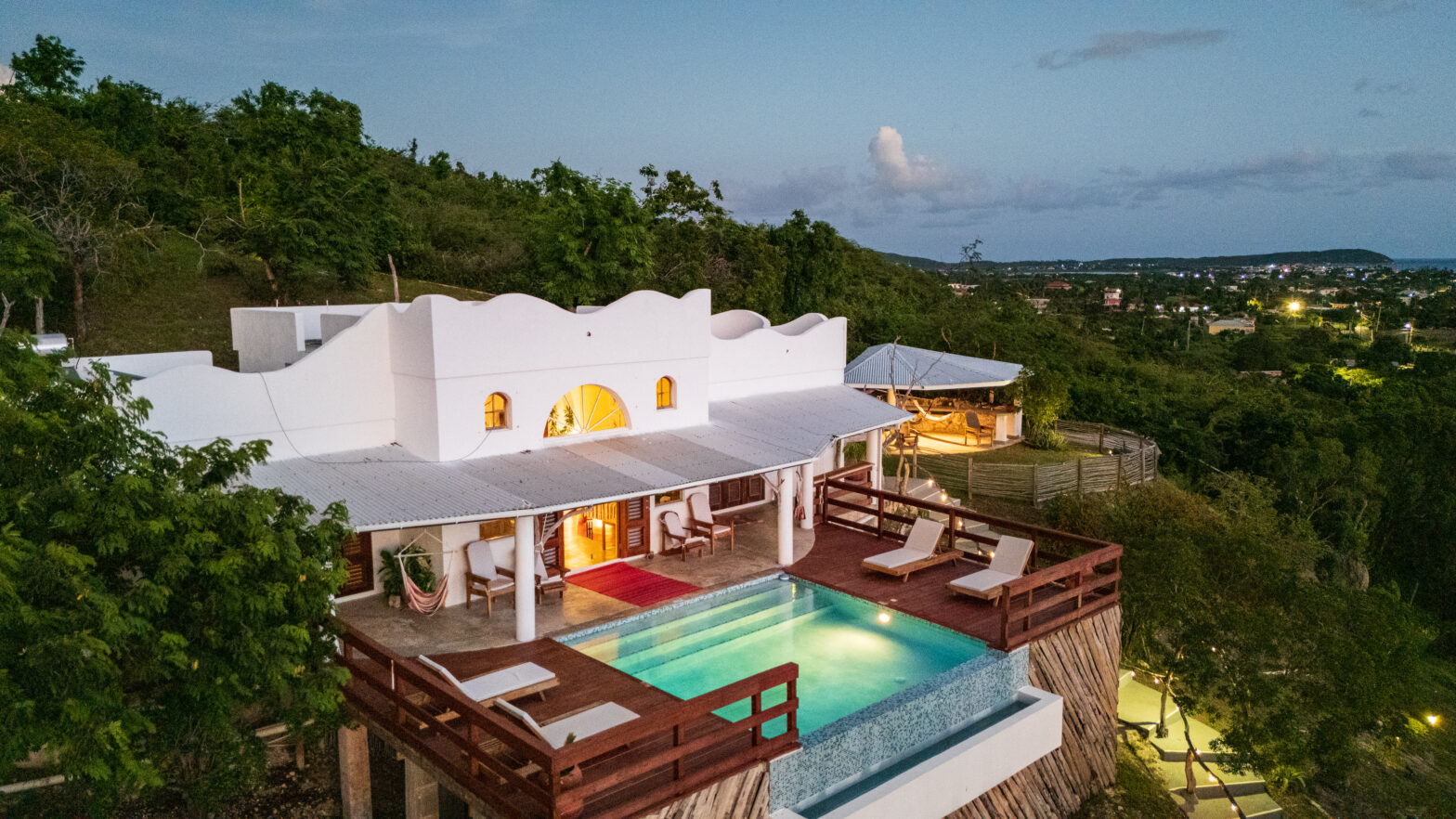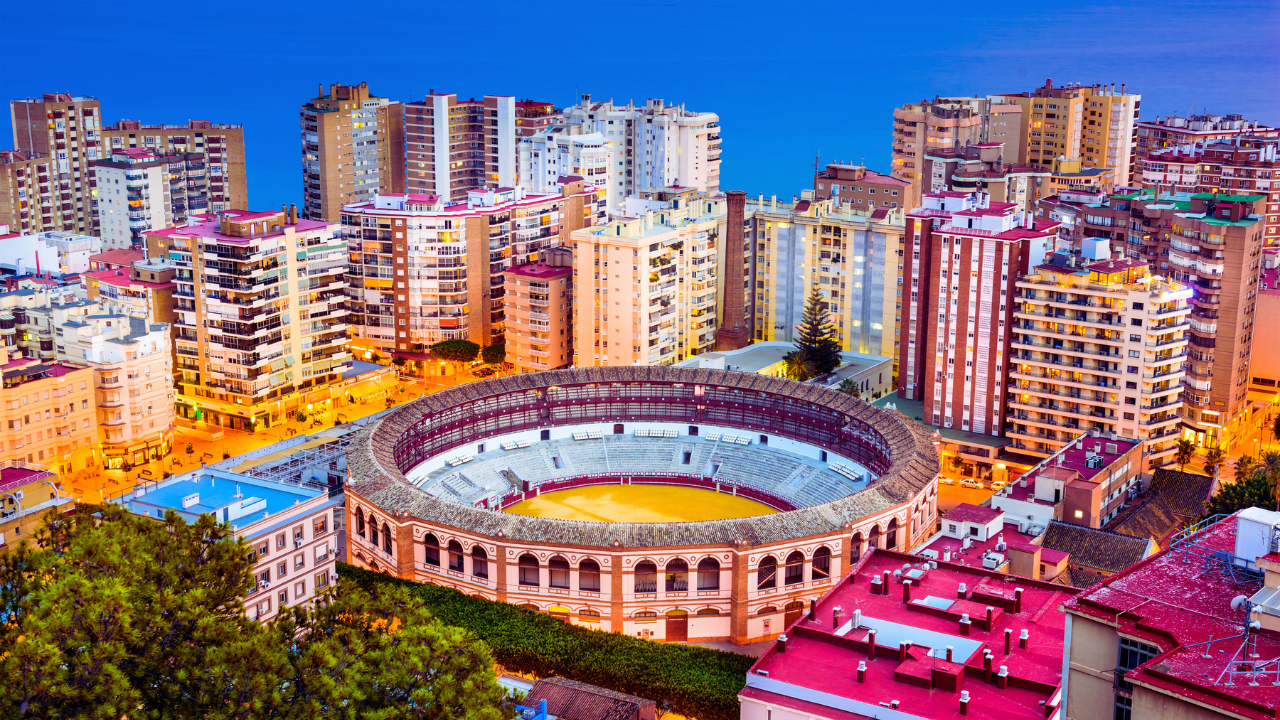D.C.-based photographer Kirth Bobb vividly remembers the diverse representation he experienced during his childhood in Guyana, from birth to age 13. Reflecting on his move to the U.S., specifically in Maryland’s Prince George’s County, Bobb says growing up as a teenager in the late ’90s was a culture shock. Being seen as a foreigner in Black spaces while navigating a new and unexpected relationship with racial identity was overwhelming — so much so that Bobb always knew he’d return to the Caribbean someday.
“I made up my mind — I will move back to the Caribbean,” he tells Travel Noire. “It was one of those things that was just burning — soul desires — where I don’t know why I feel this way, but I’ve just gotta go.”
A few decades and a family unit later, Bobb realized his dream of returning to the Caribbean. A series of serendipitous nudges and encounters took him on a journey to Jamaica’s South Coast. And what began as countless visits to Treasure Beach became a deeper alignment with the community, culminating in a space he now shares with community-centered travelers called Amelia’s.
Why Treasure Beach Was The Right Place For A Caribbean Return
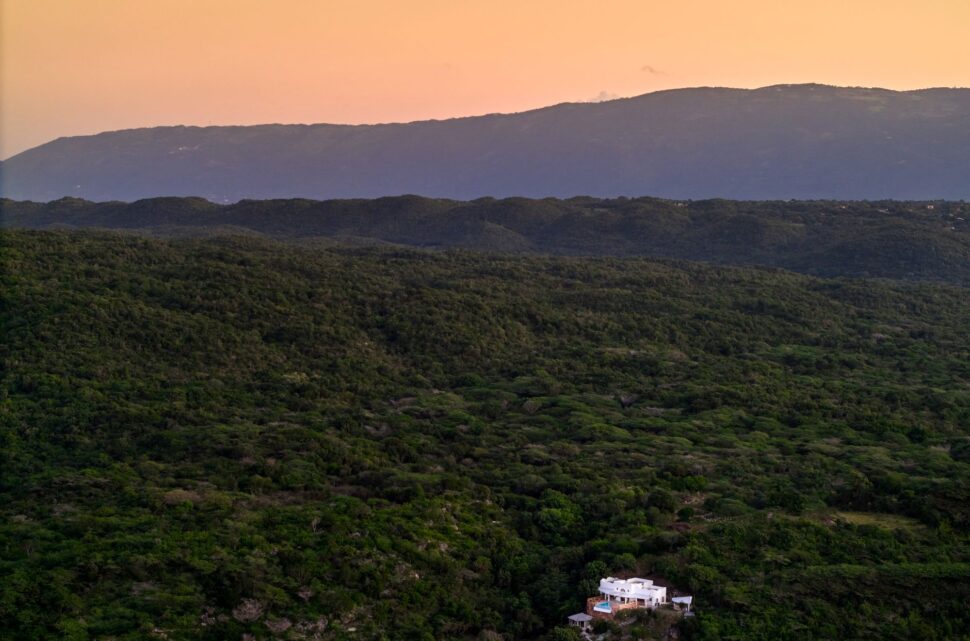
Before deciding on Jamaica or Treasure Beach, Bobb weighed his options, which also included The Bahamas and Costa Rica. Jamaica stood out for its undeniable cultural impact, which he says imprinted on him early.
“While I’ve never lived in Jamaica, I grew up on Jamaican culture,” he reflects. “When I went to school on the bus in the mornings, I heard Jamaican music — Buju Banton and Beanie Man. Caribbean culture is very distinct, but there are so many common threads because ultimately we’re one people.”
Following the recommendation of two friends, who both suggested a visit to Treasure Beach to Bobb on the same day, he quickly booked a flight and immediately fell in love. Along with a resonating good feeling in his spirit, a chance encounter with the then-leader of the local women’s group cemented his relationship with both the destination and the people. Bobb visited The Treasure Beach Women’s Group to purchase gifts and, upon discovering their cash-only status, committed to returning despite the nearest ATM being at least 30 minutes away.
“I was like, ‘All right, I’ll be back,'” Bobb recalls. “I drove the round trip, and I went back with the cash. She was like, ‘Wow, people rarely come back.’ I replied, ‘No, I said, I’d come back.’ I think there was a recognition of mutual integrity.”
The encounter sparked further conversation, leading Bobb to commit to joining a special endeavor the organization was embarking on.
“She described a project that the women’s group was working on — telling stories of the women in the community,” he says. After sharing his prowess in photography and storytelling, the pair, finding synergy in their missions, decided to work together. As for why he felt compelled to take the project on, he says:
From my perspective, The Women’s Group is the most important community-based organization in Treasure Beach. They impact the community in very measurable ways, but you can’t see all of it because it’s really special work. They’re essentially mothering a community.
So, I said, ‘Listen, I really like Treasure Beach. I’ve been coming to Jamaica for years because, living here in DC, many of my chosen family and the people I really love and care for are Jamaican. I’ve been going to the North Coast, but never to the South Coast. I’ll come back and I’ll start helping you with the project. Every time I come back to visit, let’s make arrangements. Let me meet a new character in the tapestry story. I’ll make portraits, and I’ll start recording their stories. Maybe we’ll do a book [or] an exhibit.
So, I just kept going back. After a while, I was like, ‘This is where I’m gonna live. This is where the dream of returning to the Caribbean gets realized.’
Purchasing Property Vs. Being Welcomed By Community
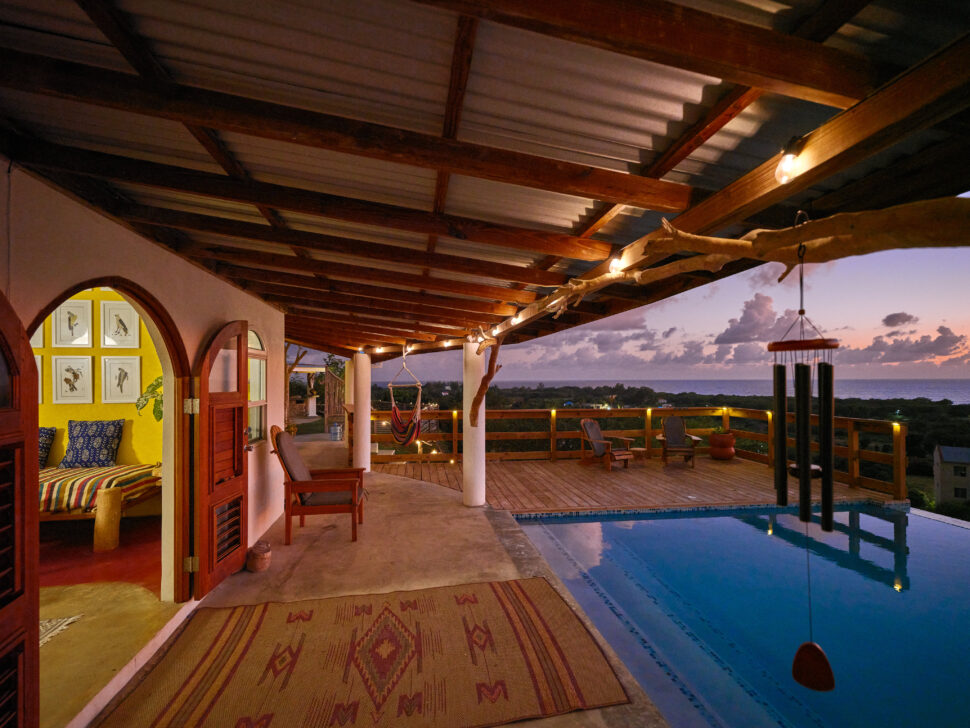
In the search for a place to call home in Treasure Beach, Bobb says, “I didn’t purchase property. A community welcomed me in. There’s a huge distinction.”
When the previous owner was ready to sell, it was members of the community who advocated for Bobb to be the next owner. After purchasing through an all-cash deal in 2021, Bobb spent the next few years making the space his own.
“This home came to me, and the rest is still being written,” he shares. “I fell in love with the place, but I’ve fallen in love with the people several times over. It reminds me of home … of growing up in Guyana. I know all my neighbors, [and] we speak to each other. There’s mutual aid and care in how we relate, and that is important to me.”
Bobb cautions those considering an expat move to consider their intentions and be mindful of how they navigate the spaces they are interested in becoming a resident of.
“Many Americans may miss this because so much about living in America is about ownership and wealth, but not a lot about actually being welcomed into a community,” he shares. “A lot of how I navigated having a home in Jamaica was community-based. This home belonged to a friend of a friend, and they said, ‘You can’t sell this house to anyone other than Kirth.’ So the house never went on the market.”
Having integrated into the community over more than 10 visits, Bobb says, “it’s a feeling you just know when you’re home. Your body tells you. It was just a matter of the right timing.”
In reflecting on naming the property, he shares:
I was raised by my grandmother in Guyana, and it was my first experience of love outside of myself. Granny poured into me, and always had this dream of owning this beautiful home where she could host community. That’s what our home was, but she wanted something that was truly hers. Our home was the place where people gathered [and] came to be fed. She had a dream of owning a property, but it didn’t come to fruition in her lifetime.
When I was thinking about my story and my desire to live back in the Caribbean, I wondered, ‘How beautiful would it be if I could help an ancestor realize a dream by creating space in their honor?’
I tell my kids, we’re going to my grandmother’s house [when we] go to Jamaica because this is what I imagine that space would be like.
What It Really Takes To Buy Property And Live Abroad
Bobb says what many people misunderstand about living abroad is the need to adapt. Having become protective of Treasure Beach, much like those born and raised there, he attributes a resistance to adapting to the way of life as the biggest challenge people need to determine if they’re cut out for.
“When you think about it, you’re there because there’s something special about that place, not the other way around,” he shares. “Can you appreciate everything about a place — the mosquitoes, the heat? Because everything about the place is what made the place special to you in the first place.”
When pursuing homeownership in a new country, Bobb encourages those considering it to evaluate their risk tolerance and confidence in managing the associated risks. Contrary to popular belief, mortgage financing options are available in Jamaica, though efforts for more robust programs remain ongoing.
Finding Home And Integrating Into The Treasure Beach Community
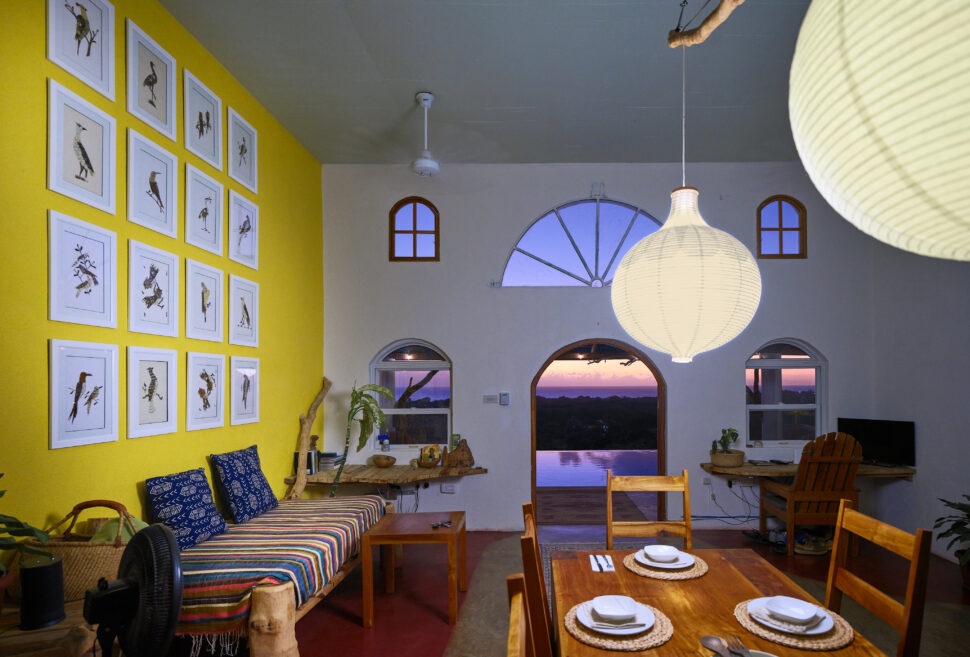
While Amelia’s presents as a stunning hillside villa, Bobb affirms this is his family home — and the opportunity to stay there is an extension (and invitation) to the community when they visit Treasure Beach.
Bobb shares, “Amelia’s, in so many ways, is not a villa. Amelia’s is a home, and it carries a lot of energy.”
Having personally stayed there myself, I can attest that it is unlike any other stay I’ve experienced, and one I’ll likely spend a lifetime comparing future vacations to. One of several properties managed by Jamaican-owned My Irie Escape, a vacation rental property management company, Amelia’s feels familiar even on the first visit.
Working alongside My Irie Escape’s team, Bobb describes their relationship and shared vision for Amelia’s as “rich.” It was equally important for him to become ingrained in the community as it was for him to work with Jamaicans in seeing this short-term rental offering through.
“We have a shared vision for how we want our presence to resonate in the community first, but also with our visitors,” he notes. “I’m very aware that I came because there was something special. I am grateful I get to be a member of the community — preserving and supporting all the ways in which it shows up, and upholding these values that they’ve had forever.”
The two-bedroom, two-bathroom home features natural elements throughout, from wood repurposed into bed frames, tables, and decorative elements to touches of local flora that create an indoor-outdoor feel. Amelia’s free-flowing aesthetic continues in the open, airy living room with high ceilings and brightly colored walls. The photographs that adorn the space are works of the owner himself, made in the Caribbean and various other locations. The home features artwork from Senegal and pieces from other talented artists, such as a large canvas by Charles Jean-Pierre, of Haitian heritage, whom Bobb considers a friend. Every piece is meticulously curated to deliver on the promise of “a return home,” which, in Bobb’s story, is precisely that.
“If you are of the diaspora and you pay enough attention, you’ll find pieces of your home of origin scattered throughout the Caribbean because people bring culture,” Bobb shares. “Luckily for us, and Jamaica especially, the culture is the country. There’s no Black Jamaican culture; it’s just culture. [Jamaican] culture is conscious, rooted in love, creativity, and a certain level of just knowing who you are.”
How To Book A Stay At Amelia’s
Unlike many homes that operate in the vacation rental space, Bobb says there are no high- or low-season periods, and the only blackout dates are when he’s there.
Until last year, Bobb navigated both the corporate and creative worlds. Now, he is ready to leverage his gift with words and visuals, with Amelia’s as an integral element, to shape the next chapter. Bobb is currently writing a book and celebrating the release of his first short film highlighting the women’s group, while nurturing his family as a father of three and grandfather of one.
“I believe, [with] all good art, you feel something,” he says. “I choose to feel uplifted, grounded, and joyful, so I asked myself, ‘What would it look and feel like if I created a building that could transmit the same essence?'”
Although Bobb’s altruistic vision for Amelia’s is to eventually serve as a creative retreat for other artists through philanthropic funding, you don’t have to be an artist to book a stay. Interested guests can visit the website to find specific details, check availability, and submit their reservation request.
